PwC Vietnam has just released a report on the far-reaching impact of the Corporate Sustainability Reporting Directive (CSRD) on businesses in the Vietnamese market. According to PwC, with its extensive and comprehensive reporting requirements, the CSRD will affect not only businesses within the European Union (EU) but also those participating in the value chains of European partners. This will present numerous challenges but also offer opportunities for sustainable transformation for Vietnamese businesses.
Instead of being voluntary, the CSRD Directive is mandatory for businesses.
The CSRD Directive was issued by the EU in December 2022 and officially came into effect for reports published from the 2024 financial year (except for certain sectors and businesses not based in the EU, which will need to comply from 2026). Consequently, the CSRD Directive has received significant attention in the global business community. One of the main reasons is that the CSRD Directive is mandatory rather than voluntary, unlike existing sustainability reporting standards and frameworks such as the Global Reporting Initiative (GRI), the Climate-Related Financial Reporting Task Force (TCFD), and the Sustainable Accounting Standards Board (SASB). More importantly, the CSRD Directive will affect businesses worldwide , not just within Europe.
According to PwC, one of the major advancements of the CSRD Directive in promoting sustainable development practices is that instead of focusing solely on the environmental footprint of the business itself, CSRD emphasizes the business's value chain, which is the key factor contributing to the business's impact on the environment and society.
Furthermore, the CSRD Directive emphasizes transparency in the disclosure of sustainable development information. Specifically, the CSRD Directive requires assurance from independent third parties at a limited level. In the future, the CSRD Directive will move towards requiring reasonable assurance, equivalent to the level of assurance required for financial reporting.
"Given the complexity and multifaceted nature of topics related to sustainable development, this requirement helps to improve the accuracy, completeness, and objectivity of information included in a company's sustainability report, avoiding situations of reporting only positive aspects (cherry-picking), omitting information, or overemphasizing certain points," PwC stated.
According to PwC, the introduction of the CSRD Directive also requires attention from tax departments within businesses. With new and stringent reporting requirements, the CSRD Directive will put pressure on businesses themselves, as well as the entire value chain, to change their operating methods, leading to tax and legal implications…
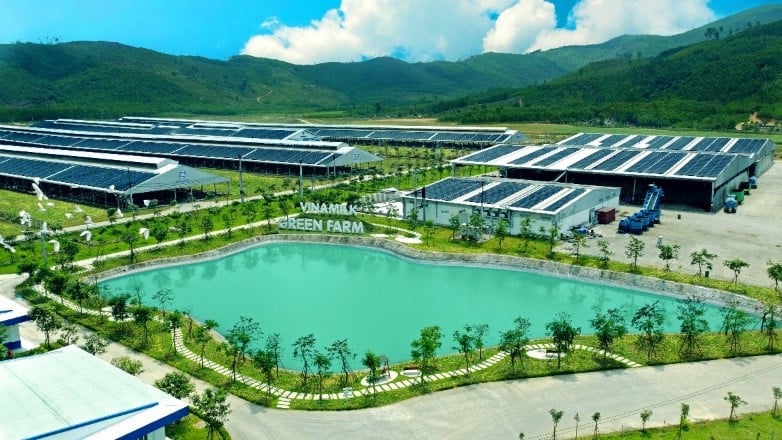 |
| The CSRD directive will bring many challenges but also offer opportunities for sustainable transformation for Vietnamese businesses (Illustrative image). |
Impact on Vietnamese businesses
According to PwC, the CSRD Directive is having and will continue to have a strong impact in Vietnam. This is because, in the current context, bilateral trade between the EU and Vietnam is experiencing increasingly positive developments. Since the signing of the EVFTA, 25 out of 27 EU member states have invested more than $22 billion in over 2,000 FDI projects in Vietnam. Conversely, Vietnam is currently the EU's 16th largest trading partner and ranks 11th among the largest suppliers of goods to this market.
"With a large number of Vietnamese businesses located within the value chains of businesses operating in Europe, the introduction of the CSRD Directive will require these businesses to strengthen their data preparation and sustainability reporting to provide to their parent companies or partner businesses in Europe upon request," the PwC report stated.
PwC also analyzed the impacts of the CSRD Directive on businesses in the value chains of European partners in Vietnam, and proposed preparatory steps for these businesses. Specifically, according to PwC's perspective, based on current reporting requirements in Vietnam, Vietnamese businesses in the value chains of European partners should pay attention to three reporting requirements under the CSRD Directive:
Firstly, there is the issue of greenhouse gas emissions: According to PwC, despite understanding the importance of green transition, Vietnamese businesses (including listed companies) are generally not yet ready for inventory and reduction of greenhouse gas emissions. Among the businesses in the VN100 index, only 12 have conducted inventories at emission levels 1 and 2, and only 7 have fully addressed emissions at emission levels 1, 2, and 3.
“In cases where greenhouse gas emissions fall within emission limits 3, which is a critical issue for European businesses requiring compliance with the CSRD Directive, suppliers in Vietnam will have to compile emission data and make efforts to reduce greenhouse gas emissions within their own businesses and supply chains. In addition to the CSRD reporting directive, Europe has also implemented the Carbon Border Adjustment Mechanism to impose carbon taxes on goods imported into the EU market based on the intensity of greenhouse gas emissions in the production process in the importing country. These two regulations will make greenhouse gas inventory and emission reduction a prerequisite for entering the EU market,” PwC stated in its report.
Regarding greenhouse gas emissions, PwC analyzed proposed pathways for businesses. Specifically, businesses need to raise awareness and capacity in managing, inventorying, and reducing greenhouse gas emissions among their internal personnel. Simultaneously, they should establish decarbonization policies and procedures, implement low-carbon production methods to reduce emissions during production, focusing on energy and transportation, as these are the two sectors that generate the most greenhouse gas emissions in Vietnam.
Furthermore, Vietnamese businesses need to set emission reduction targets that align with climate science , meaning limiting global warming to 1.5°C. In addition, they need to study the requirements for reporting greenhouse gas emissions, develop internal processes, and establish a systematic emission inventory and data management system to ensure the accuracy of reported data.
"Businesses can refer to relevant regulations in Vietnam, including Decree No. 06/2022/ND-CP regulating greenhouse gas emission reduction and ozone layer protection," PwC pointed out.
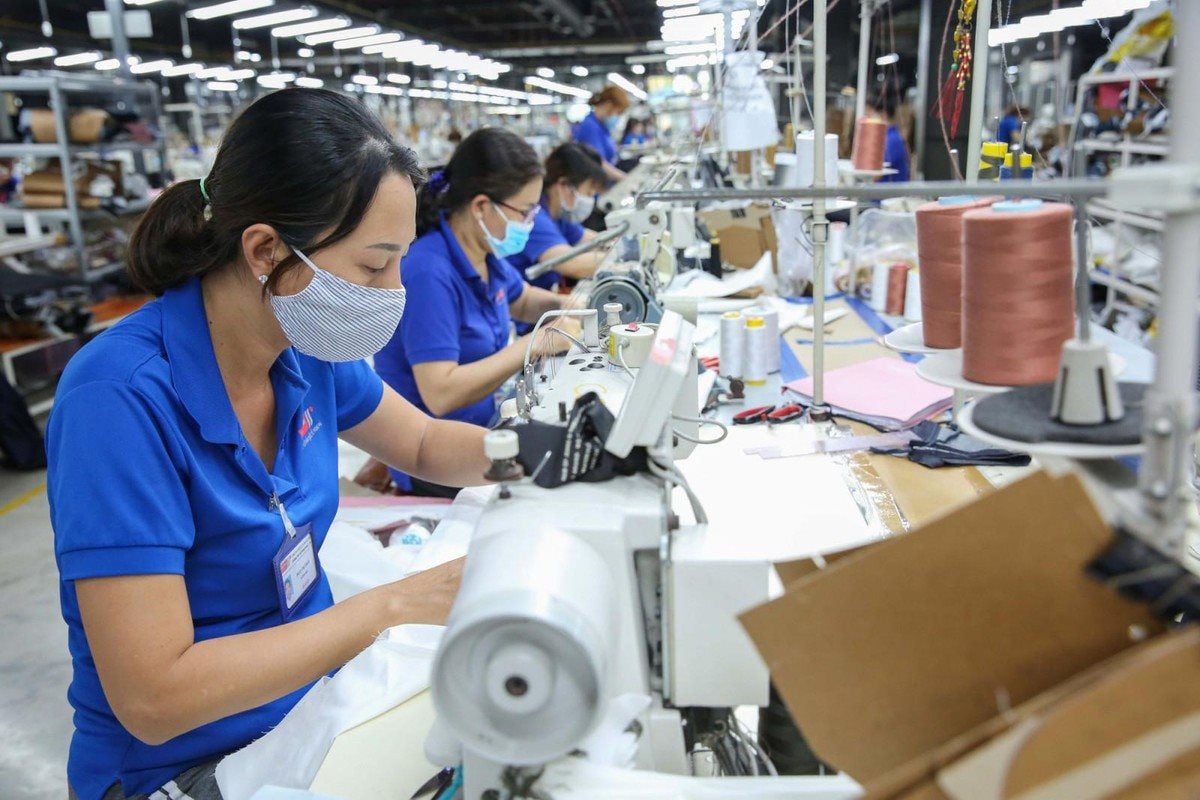 |
| Instead of being voluntary, the CSRD Directive is mandatory for businesses. |
Secondly, there is the issue of biodiversity and ecosystems. According to PwC, although some businesses in Vietnam have practiced biodiversity conservation and restoration in their production and business activities, overall business participation remains relatively limited, mainly on a voluntary basis and through the mobilization of resources from environmental organizations, rather than businesses proactively assessing impacts and implementing measures. Meanwhile, the "Biodiversity Assessment in Vietnam" report by the World Wide Fund for Nature (WWF) shows that the economic activities of businesses have had and continue to have a significant impact on biodiversity in Vietnam. Furthermore, current Vietnamese laws lack specific guidelines and clearly define the responsibilities of businesses in assessing impacts and mitigating effects on biodiversity and ecosystems.
As required by the CSRD Directive, businesses or manufacturers in Vietnam will need to conduct an assessment of their impact on the ecosystem surrounding their operations and production areas, collect relevant biodiversity information to support the assessment of the dual importance of their partner businesses in Europe, and prepare a report on this topic if it is identified as one of the key importance topics of their partner businesses.
PwC proposes a roadmap for businesses to implement this criterion: Raising awareness and capacity for biodiversity conservation among internal personnel; assessing the impact of the business on the ecosystem surrounding its operations and production areas, as well as the associated risks and opportunities; establishing a systematic process for measuring, collecting data, and managing data to ensure the accuracy of the reported figures. Vietnamese businesses can refer to relevant laws in Vietnam, including: the Biodiversity Law 2008; and Decision No. 149/QD-TTg of the Prime Minister dated January 28, 2022, approving the National Strategy on Biodiversity to 2030, with a vision to 2050.
Thirdly, social issues and human rights. PwC stated that many Vietnamese businesses have shown awareness in respecting and protecting the rights of workers and customers, and fulfilling their responsibilities to the community. However, human rights violations by businesses in Vietnam are also on the rise in number, severity, and scope. Some prominent violations include discrimination by businesses, the use of child labor, failure to ensure safe working conditions, adequate rest periods, minimum wage, social insurance, and the right of workers to participate in trade unions.
PwC cites data showing that the average monthly income of male workers is currently 1.35 times higher than that of female workers (8.3 million VND compared to 6.1 million VND). Furthermore, in Vietnam, more than 1 million children aged 5-17 are involved in the workforce, accounting for 5.4% of the total number of children in this age group.
“With the introduction of the CSRD Directive, businesses and manufacturers in Vietnam need to gather information related to ensuring human rights in production and business to support the assessment of the dual materiality of their European partners, as well as for those partners to prepare reports on this topic if it is identified as one of the materiality issues,” the PwC report stated.
PwC also proposed an implementation roadmap for businesses: It is necessary to raise awareness and capacity regarding human rights protection for employees within the enterprise; strengthen the assurance of labor and production/business environment standards; tighten internal control systems, establish risk management systems in business processes and comply with accountability requirements; establish partnerships and participate in support programs of international cooperation organizations such as the ILO (International Labour Organization), UNDP (United Nations Development Programme)... on creating worker-friendly business operations; have a systematic process for measuring, collecting data and a data management system to ensure the accuracy of data in reports and the assessment of human rights issues. Vietnamese businesses can refer to relevant laws in Vietnam, including: the 2020 Enterprise Law (Article 8 on the Obligations of Enterprises); Labor Law 2019.
“The CSRD Directive has a profound global impact, requiring the participation of all links in the value chain of businesses operating in the European market. Vietnamese businesses involved therefore need to closely monitor and promptly understand the compliance requirements of the CSRD Directive to maintain competitiveness and develop partnerships with businesses in Europe, as well as to have timely implementation plans. This is also an opportunity for Vietnamese businesses to consider transforming their production and business models towards greater sustainability and to be ready to meet the increasingly stringent sustainable development practice requirements from major markets such as the EU,” PwC affirmed.
Source











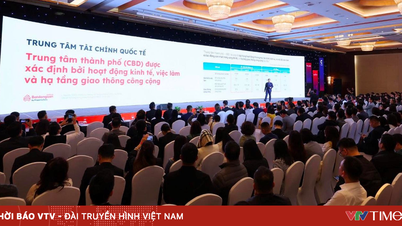



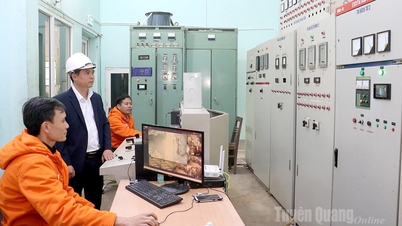
















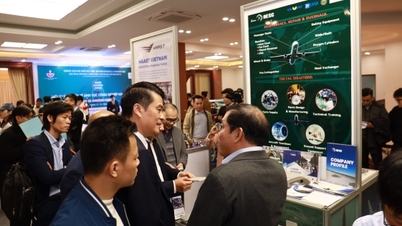
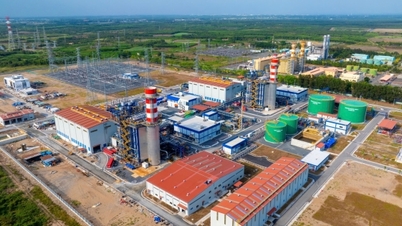
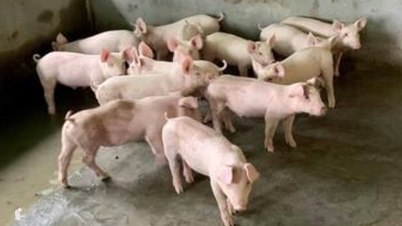











































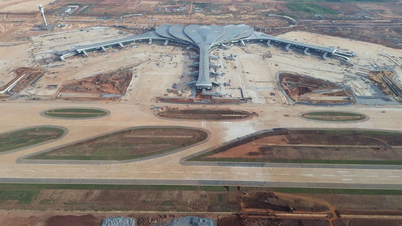









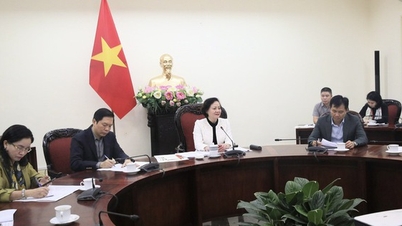
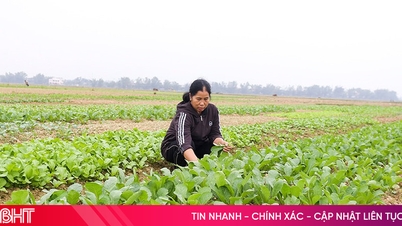

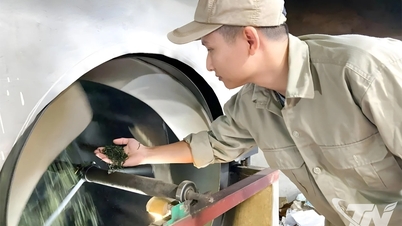


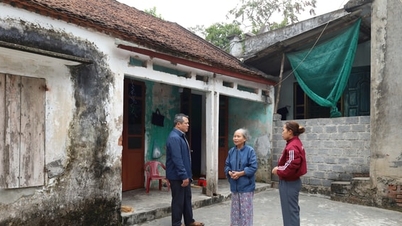


















Comment (0)